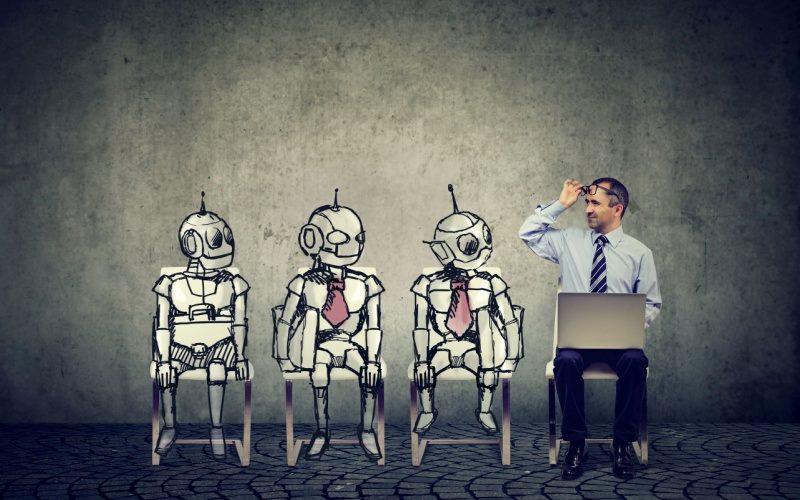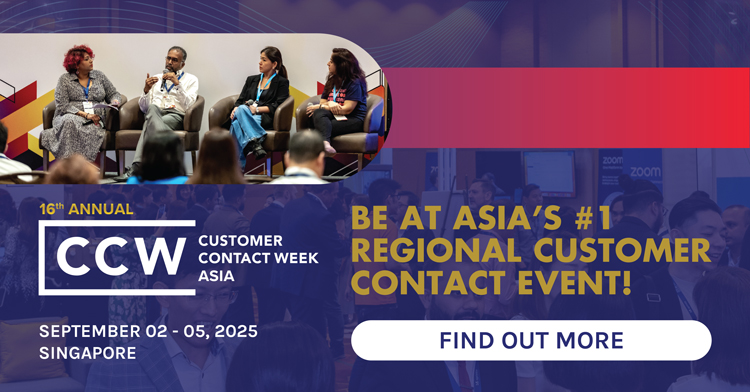Artificial intelligence (AI) is increasingly redefining how organisations shape the employee experience (EX). For customer service and support teams in particular, AI presents opportunities to simplify processes, enhance coaching and training, and improve interactions with customers. This can lead to increased employee engagement, reduced turnover, and lower cost to serve.
CX leaders globally are optimistic about using AI to drive gains in efficiency and engagement. However, ensuring that employees are prepared for and enthusiastic about AI is just as essential for success as leadership buy-in. Recent research on the intersection of AI and the employee experience highlights both the challenges and opportunities, pointing the way for CX leaders to optimise their workforce.
Balancing optimism and concern
As AI tools become more embedded in customer experience-related processes, employees have mixed feelings about how it will affect their roles. “Generational Dynamics and the Experience Economy,” a report based on a global survey of 13,000 workers, revealed a few themes[GT1] : While there is excitement about AI’s potential, apprehensions about job displacement, increased workloads, and a lack of relevant training persist.
About one-quarter of employees believe AI will make their jobs better and more efficient. But a notable 35% of employees cited job loss as a top concern, while 22% were worried about increased workloads.
A majority of CX leaders acknowledge these concerns. “Customer Experience in the Age of AI,” a report surveying 1,000 CX leaders worldwide, found that 67% have taken steps to mitigate employee resistance to AI adoption. Still, nearly half of leaders (49%) identified employee apprehension about AI as a key obstacle to expanding their organization’s use of the technology in areas related to the customer experience. This underscores the importance of transparent communication around AI’s role in enhancing the experiences the company delivers, both to customers and to employees.
To gain employee buy-in, CX leaders must clearly communicate the benefits of AI; outline how it will improve experiences; and address concerns around job security, training options, and growth and development opportunities. This open dialogue will foster trust, demonstrate how AI will augment roles, and help employees feel more comfortable with AI’s integration into their day-to-day operations.
Employees also are more likely to embrace AI when they feel equipped to use it. CX leaders should prioritise comprehensive training that not only teaches employees how to use AI tools but also demonstrates how it augments the value of human capabilities.
Driving engagement with AI
Despite the concerns, CX leaders are optimistic about the transformative potential of AI. Two-thirds of CX leaders say greater AI adoption will make CX employees more engaged. Many see it as an enabler that can elevate employee engagement by offloading mundane tasks and allowing staff to focus on more meaningful, value-added work. This includes problem-solving, empathy-driven customer interactions, and real-time decision-making. So, [MB2] CX leaders should emphasise AI’s role as a tool to empower staff, not replace them.
And, indeed, organisations are increasingly using AI to support CX employees before, during, and after customer interactions, as well as to buoy their career growth, the AI report finds. From reducing training time and enhancing training quality to minimizing the time needed to surface information from a knowledgebase, AI is empowering employees to focus on tasks that require empathy and human judgment. This shift is a way to give staff more fulfilling roles that contribute to both their personal development and the organisation’s success.
AI as a pathway to personalisation and retention
Personalisation isn’t just for customers; employees increasingly expect tailored experiences too. Just as AI helps create personalised customer experiences, it can offer employees tailored support in career growth and work schedules. CX leaders whose organisations are already using AI for these purposes have reported greater employee satisfaction and retention, proving the power of personalisation.
Businesses that effectively leverage AI to personalise career development and provide bespoke work schedules are more likely to see lower CX employee attrition rates. Younger workers especially are attracted to employers that tailor work experiences to individual needs. The “Generational Dynamics” study found that 73% of millennials and 61% of Gen Z workers are more likely to remain with a company that offers personalised job experiences.
By using AI to create customised career development paths, provide real-time coaching during customer interactions, and more objective and thorough training and development recommendations, CX leaders can significantly enhance their team’s job satisfaction and retention. AI-powered forecasting and scheduling software can help organizations manage workloads more effectively, improving both engagement and retention rates. Indeed, the AI report found that 44% of organizations are using AI specifically to help reduce CX employee turnover.
A balanced approach to AI and employee experience
Around the world, organisations are adopting AI for its potential to transform customer and employee experiences while improving business outcomes. Even though employees see improvements like streamlined processes and efficiency gains, they still have some concerns. With the right leadership approach and a commitment to ongoing communications, AI can not only enhance operational efficiency but also create a more engaged and satisfied workforce.
Employees who feel involved in the adoption of AI are more likely to see its value. CX leaders should engage their staff early in the AI journey and ask for their input. This not only alleviates fears but also encourages innovation and collaboration within the team.
By addressing concerns head-on, providing the necessary training, and ensuring a human-AI partnership, CX leaders can fully unlock AI’s potential and gain buy-in from their teams. In doing so, organisations can become leaders not only in delivering superior customer experiences but also in cultivating a workplace where employees thrive.


